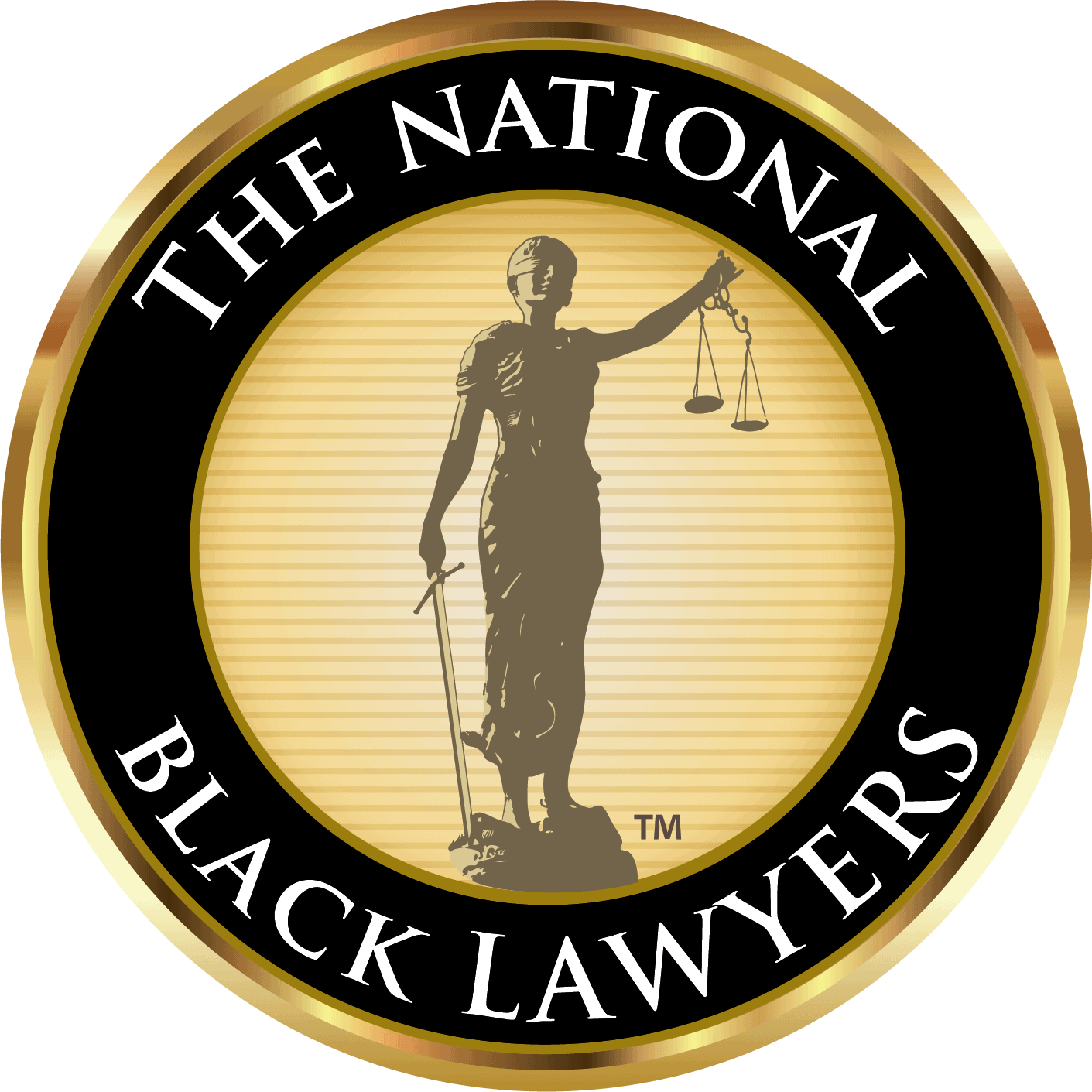
Fred Gray, an attorney who handled landmark civil rights cases in the 1950s and '60s, speaks Friday, Jan. 30, 2015, at the 10th annual Fred Gray Civil Rights Symposium at Faulkner University in Montgomery. (Photo: , Shannon Heupel/Advertiser)
Back in December, Fred Gray had the opportunity to attend a screening of 'Selma.'
Gray, an attorney who represented Rosa Parks during the Montgomery Bus Boycott in 1955 and later Martin Luther King, Jr., was portrayed by Academy Award-winning actor Cuba Gooding, Jr. in the Oscar-nominated film, which chronicles the story of the Selma-to-Montgomery march in 1965.
Gray said that although he enjoyed the film, there is more to the story than what the film portrayed.
"I hope one day, not in the too distant future, some moviehouse will make a film depicting the role of the law, the plaintiffs the lawyers and the judges who played parts in the civil rights movement because without them, there would have been no civil rights movement," Gray said to an audience Friday morning at Faulkner University. "I believe it would make a good movie."
Gray was the keynote speaker during the 10th Annual Fred Gray Civil Rights Symposium, which was held Friday at the Harris College of Business at Faulkner University. The program was hosted by the Ernestine S. Sapp Chapter of the Black Law Students Association.
"Our goal today is to share with you in a very personal way a perspective on one of the most important legal issues of our day, and that is of equality, freedom and justice," said Matt Vega, dean of Faulkner's Jones School of Law. "We knew of no better way to allow Dr. Gray to give his perspective."
Gray said that following the first march on March 7, 1965, known as "Bloody Sunday" due to marchers being beaten by Alabama state troopers on the Edmund Pettus Bridge in Selma, he received calls from activist Hosea Williams and John Lewis, asking him to file a lawsuit so that they could march without getting beaten again. The complaint was listed as Williams v. Wallace.
"Not only did we file the complaint, but we also filed a motion for a temporary restraining order and a motion for a preliminary injunction," he said.
However, Gray said he was later contacted by Federal District Court Judge Frank Minis Johnson, who said he was issuing a restraining order that would prohibit people from marching until he could hold hearings on the matter. Gray said he later contacted Martin Luther King, asking him not to march until he could sort out the situation.
"I didn't want him to tell me what he was going to do," Gray said. "All I wanted was for him to give him commitment that he was going to do it."
Gray said King cooperated with the order and that eventually, Johnson issued an order in Williams v. Wallace that protected the marchers from being beaten as they walked from Selma to Montgomery.
